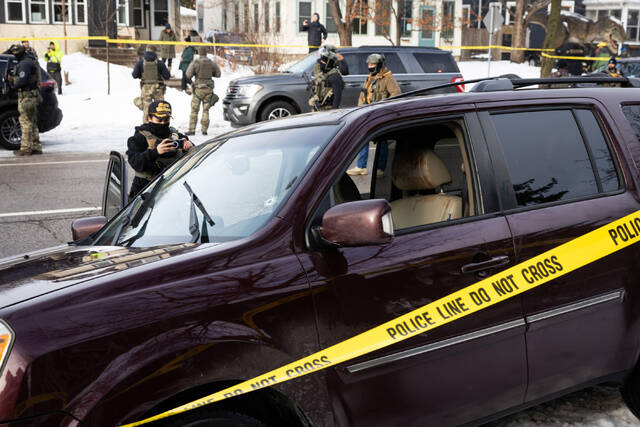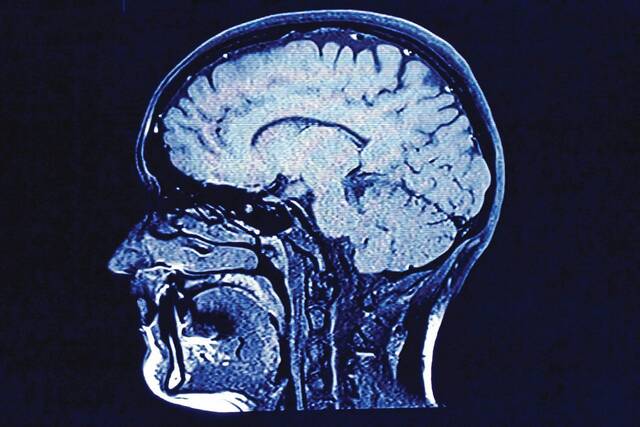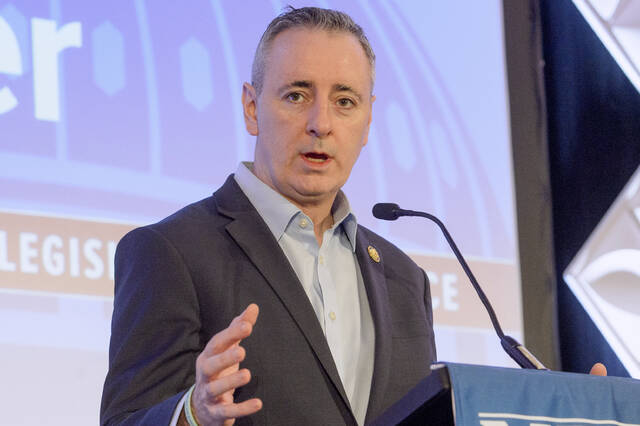Covering court gives you a unique perspective on how the criminal justice system works.
More specifically, it gives real insight on how it does work versus how it should work. Those might seem like the same thing. They are not.
It’s a topic that is getting a lot of attention because Donald Trump’s arraignment Tuesday was the first time since Ulysses S. Grant raced a horse-drawn carriage down a Washington, D.C., street in 1872 that a sitting or former president has been held to account by the law.
But this isn’t about Trump — or Grant, for that matter. It is about how the court works every day for everyone and how we perceive it to work.
For one thing, we have to start by throwing out everything a million reruns of “Law & Order” have taught us. While the stories on TV might have been “ripped from the headlines,” the way the court functions isn’t. A criminal case is not something that happens in an hour. Even the most mundane crime can take years to move from investigation to arrest to plea or verdict and months more for sentencing.
If you have money or power, that’s not a big deal. Ride it out. That lets you continue to honestly say when filling out documents that you have never been convicted because, hey, you haven’t been.
If you don’t have money or power, the time associated with the judicial system can grind you to dust, forcing you into moves the wealthy can avoid, including pleading guilty.
This might be because of a lack of real direction. The U.S. Bureau of Justice Statistics puts 80% of criminal defendants as dependent on public defenders. Pennsylvania is the only state that does not fund public defenders, putting that burden on individual counties.
But let’s look at the crimes.
Since Trump’s indictment, I have heard many people questioning why the financial crimes alleged are even being charged. I heard similar comments about Bill Clinton’s perjury and subsequent impeachment. We hear it about some drug crimes.
If a crime is a crime, it should be treated accordingly. That does not mean we make assumptions about the person who committed it or treat them unfairly. It means, if we believe an action occurred outside the law, it should be investigated. If the investigation warrants, the person should be charged. The matter is then left to a jury to decide whether extenuating circumstances should affect guilt or innocence.
No one should be arrested just because they look like the kind of person who might commit a crime. By the same token, no one should be considered outside the reach of the law.
When horrible crimes occur, how often is it because someone thought this person could not have done that? We have seen priests, teachers, football coaches, district attorneys, police officers, doctors, judges and everyone’s favorite TV dad sitting at defense tables because of terrible actions, some of which were disbelieved for years.
We do not get to express shock at those crimes if we do not accept that the judicial system should be one size fits all.








